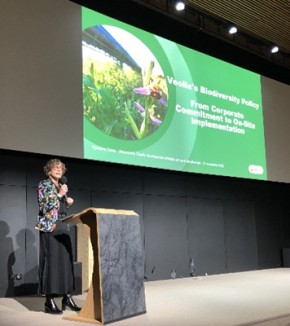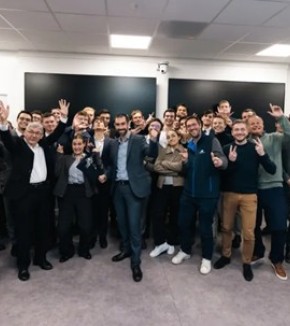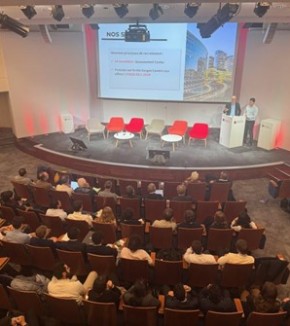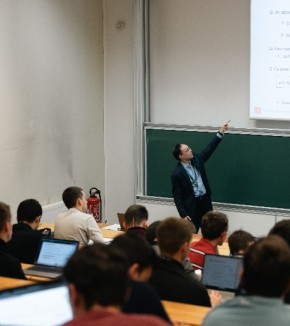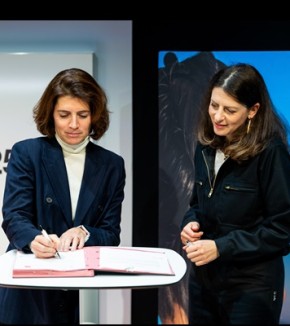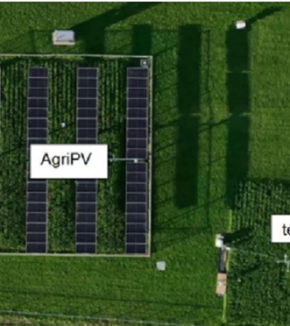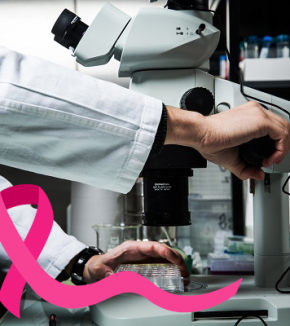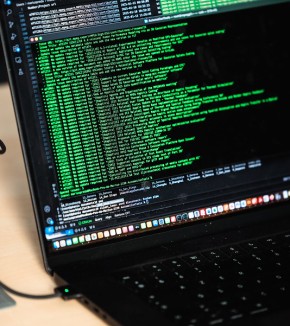Closing and award ceremony for the GenHack2 challenge
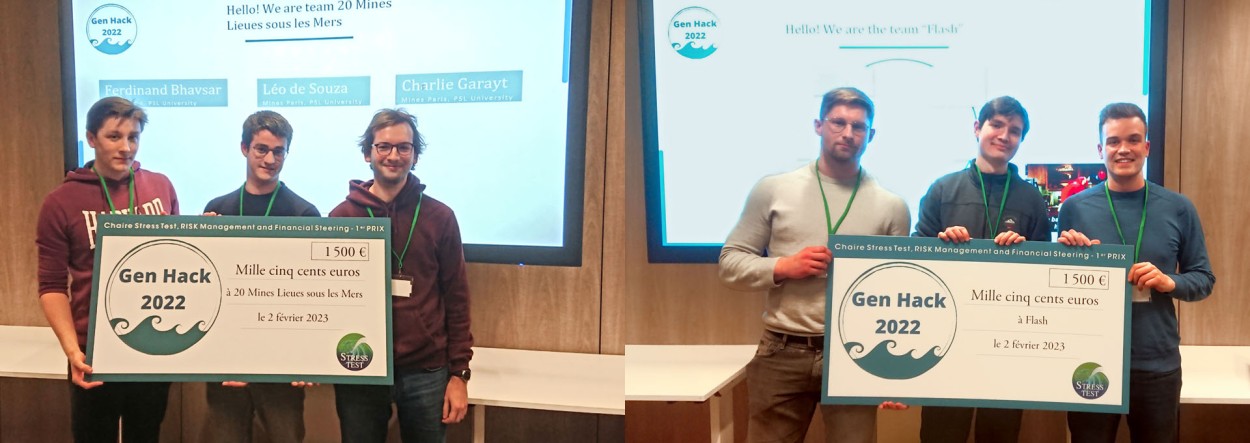 The teams « 20 Mines Lieues sous les Mers » and « Flash » each win the 1st prize.
The teams « 20 Mines Lieues sous les Mers » and « Flash » each win the 1st prize.
The GenHack2 student challenge of the Chair "Stress Test, Risk management and Financial Steering" officially ended on Thursday 2 February 2023 during the prize-giving ceremony organised in the Paris premises of the RISK function of BNP Paribas, corporate sponsor of the Chair. Created in 2018, the program is headed by Emmanuel Gobet, researcher at the Centre for Applied Mathematics (CMAP*). GenHack is an international student challenge in generative modelling, one of the first in this field. It is a type of mathematical model now very common in artificial intelligence, allowing to simulate realistic samples from a limited data set; these samples are also called "deep fakes" for their close resemblance to real data.
For the second edition of this challenge, the participating teams tackled a problem related to the evolution of ocean surface temperature in the context of climate change, using real data from measuring stations provided by Mercator Ocean. The competition ran for one month, from 17 November to 17 December 2022. With 64 teams participating, of students from 53 different universities distributed in 27 countries, this year’s challenge confirms its international dimension.
In the practical case proposed, the use of a generative model enables a fine mapping of temperatures on the basis of data from dispersed measurement stations, the number of which is limited for cost reasons. The prizes were awarded in two categories, each based on different trials.
The first consisted in evaluating the performance of each of the six stations, and rewarded the teams "20 Mines Lieues sous les Mers" (Mines de Paris, PSL, 1st place), "DS4Planet" (Télécom Paris, IP Paris, 2nd place), and "ChanGen4Humanity" (Politecnico Di Milano, 3rd place).
The second task covered all the stations and was won by the teams "Flash" (HU Berlin, TU Braunschweig, CAU Kiel, 1st place), "20 Mines Lieues sous les Mers" (Mines de Paris, PSL, 2nd place), and "Angry Birds" (Télécom Paris, IP Paris, 3rd place).
The five winning teams made the trip, including Milan and Berlin, and explained their method of solving the problem in five minutes. Afterwards, representatives of BNP Paribas' data science and artificial intelligence teams presented their research topics. Professional opportunities within the company were also discussed, for those who would like to pursue this field.
Sascha, one of the participants in the "Flash" team, said that GenHack2 stands out from other challenges in the field because of the relatively small amount of data provided. This allows teams to reveal themselves through the method of solving the problem, rather than through the computing power at their disposal.
Other participants also highlighted the duration of the hackathon as a strength. "In one month you have time to think, to have ideas, and to exchange with your team", said Léo, whose team "20 Mines Lieues sous les Mers" won a prize in each of the two categories.
Finally, the ecological issue played an important part in the enthusiasm for this second edition. As he stepped on the podium, Eugenio from the "ChanGen4Humanity" team thanked the organisers for choosing a theme related to climate change. "If you continue in this direction, you will have more and more participants because it is a topic we care about," he said. An inspiring feedback for the organisation of future student challenges.
*CMAP: a joint research unit CNRS, Inria, École Polytechnique, Institut Polytechnique de Paris, 91120 Palaiseau, France
About the Chair "Stress Test, Risk Management and Financial Steering"
Founded in 2018 and headed by Emmanuel Gobet, the Chair "Stress Test, Risk Management & Financial Steering" studies the resilience of banking activities in the face of various types of shock (credit, market, climate, cyber security, reputation, etc.). Supported by BNP Paribas, this research chair benefits from the quantitative risk management and banking expertise of its sponsor, to better understand the issues and problems of the banking system. The applied mathematics work coordinated by Emmanuel Gobet offers innovative approaches to risk modelling, simulation and statistical estimation.
 Support l'X
Support l'X 